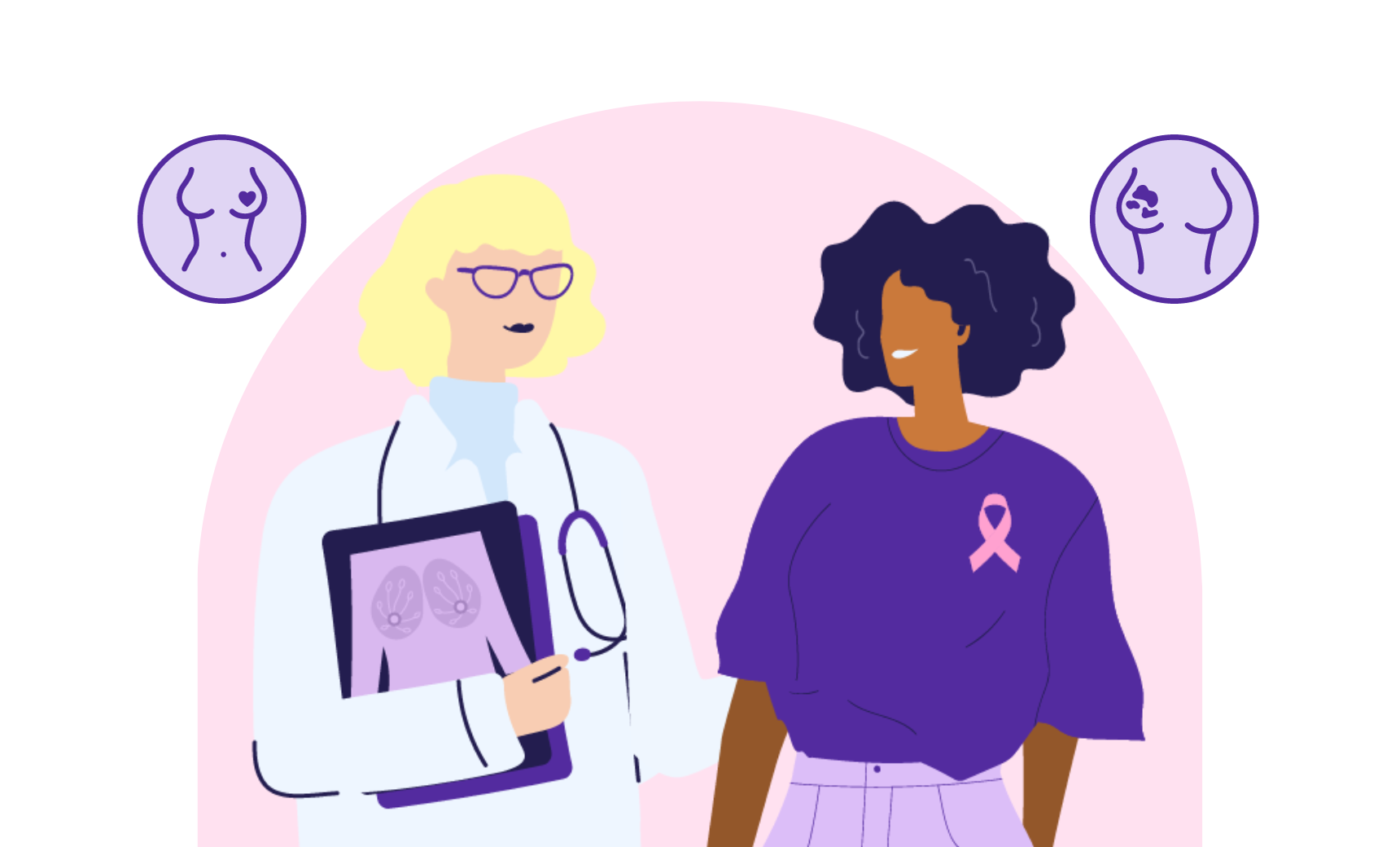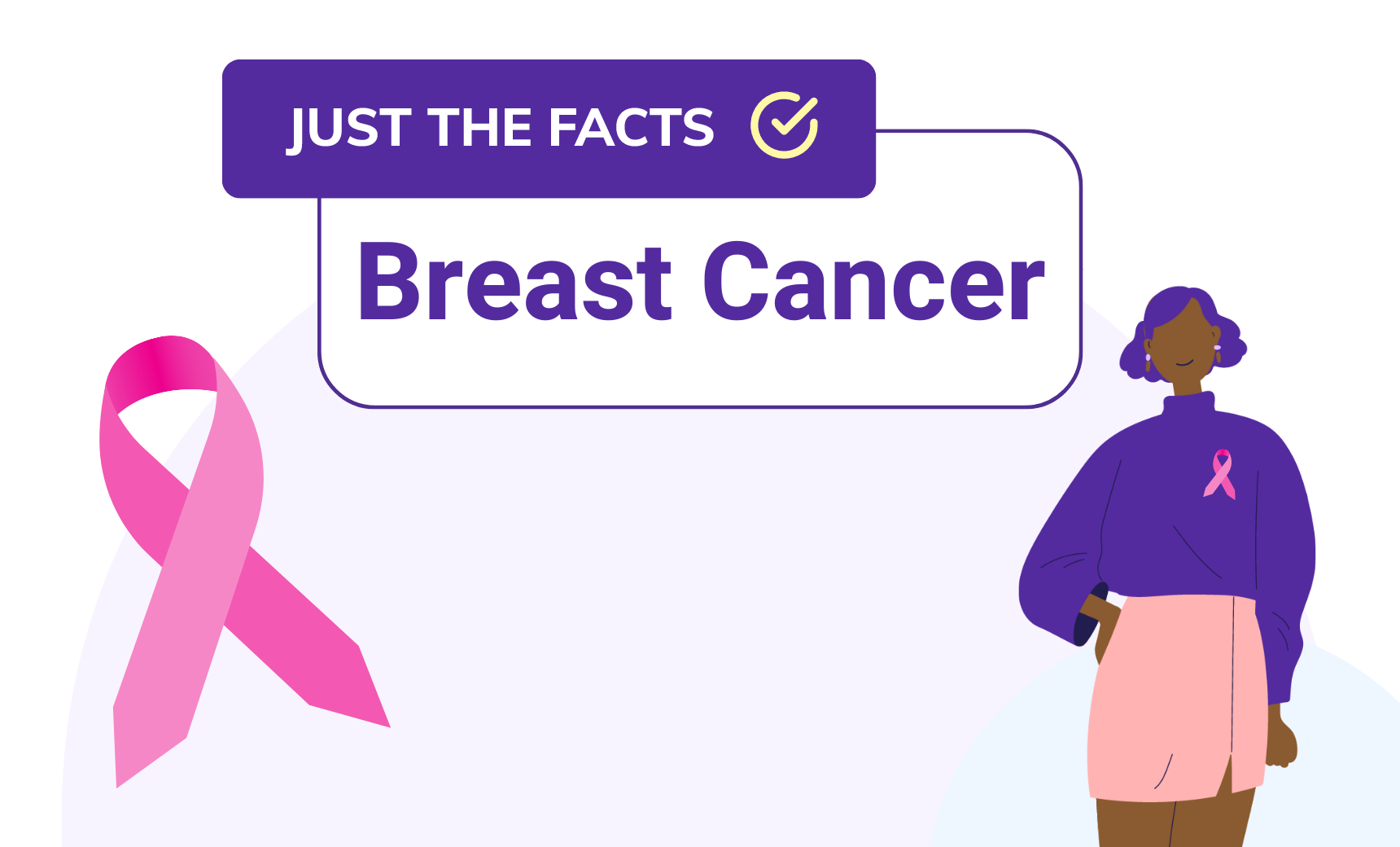
Prevention: 9 Best Ways to Reduce Your Risk of a Stroke, According to Cardiologists
With recent news of celebrity stroke-related deaths, including John Singleton and Luke Perry, your heart health may be top of mind. You might be also be wondering how Perry and Singleton passed away from a stroke at such a young age (Perry was 52 and Singleton was 51). The truth is that while your stroke risk increases with age, it can happen to anyone at any age. Those with a family history of hypertension and stroke also have a higher risk.
What is a stroke?
A stroke happens when the blood flow to an area of the brain is cut off. When a stroke happens, your brain cells become deprived of oxygen, so you begin to lose muscle control, memory, experience weakness or paralysis, and lose the ability to speak. There are three different types of stroke: ischemic, transient ischemic, and hemorrhagic. High blood pressure is often the leading cause of all three cases.
“An ischemic stroke occurs when there’s a blood blot or an obstruction in the blood vessels supplying blood to the brain. This blockage accounts for about 87 percent of stroke cases,” Robert Segal, MD, cardiologist and co-founder of LabFinder.com, explains. “A transient ischemic stroke, often referred to as a mini stroke, is caused by a serious but temporary clot. And a hemorrhagic stroke is caused by a ruptured blood vessel, such as an aneurysm or arteriovenous malformations,” Dr. Segel adds.
Now that you know the three different types of a stroke, here are some ways you can significantly reduce your risk through healthy lifestyle changes.
1. Get your blood pressure checked
Since having high blood pressure is one of the leading causes of a stroke, it’s important to see your doctor regularly to get your numbers checked. But how frequently you should get your blood pressure measured depends largely on your current health. “If you don’t have high blood pressure, it is recommended you check once every two years. Some doctors would even say three to five years, especially if you fall within a relatively younger age bracket,” Dr. Segal says. However, if you have hypertension, your doctor will advise you when you should check your blood pressure.
Read more on Prevention.




LabFinder Team
The LabFinder Editorial Team is behind The Illuminator and The Insider, LabFinder’s consumer and business blogs.
Dr.Robert Segal
Dr. Segal is CEO and co-founder of LabFinder, as well as a board-certified cardiologist. He began practicing medicine in 2002 and has founded several businesses, including Medical Offices of Manhattan and Manhattan Cardiology.